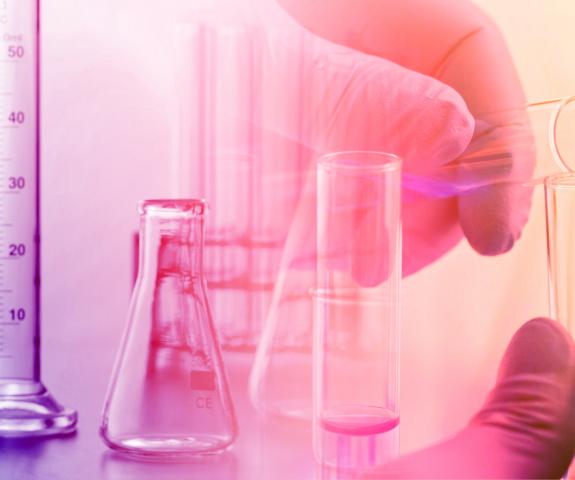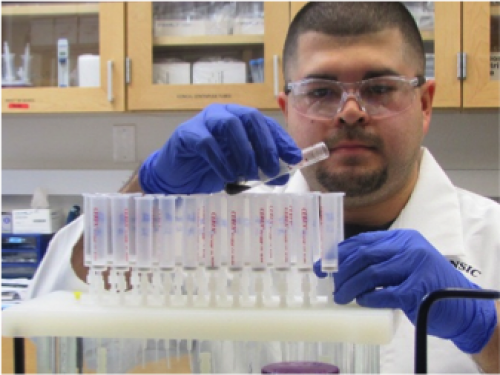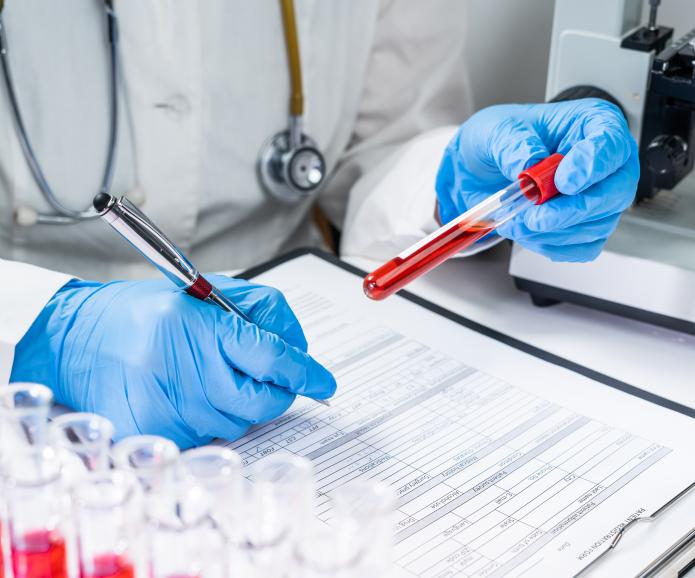
Careers in Toxicology
Toxicology is the study of adverse effects of drugs and chemicals on biological systems. Forensic toxicology involves the application of toxicology for the purposes of the law or in a medicolegal context. A forensic toxicologist answers questions such as: Did prescription or illegal drugs cause or contribute to this person's death?; Was this person impaired by drugs or alcohol while they were driving? or Was a drug used to facilitate a criminal act?
Answering questions like these often requires forensic toxicologists to work with, and share information with, law enforcement, forensic pathologists, death investigators, crime scene investigators, clinicians, other forensic scientists, and legal professionals.
Scope of Work

The field of forensic toxicology involves three main sub-disciplines: postmortem forensic toxicology, human performance toxicology, and forensic drug testing. As with all of the forensic disciplines, there is a strong emphasis on record keeping, chain-of custody documentation, stringent quality control, and data management.
In forensic toxicology, the interpretation and communication of the results can be more challenging than the analysis itself. The results obtained are often determined using scientific tests and procedures that are complex and difficult for most juries and lawyers to understand. Therefore, a toxicologist must have strong communication skills so the information can be presented fairly and clearly in court.

Education and Training
A bachelor's degree in the life or physical sciences is the first step toward pursuing a career in forensic toxicology. A solid background in chemistry and coursework in pharmacology and toxicology are needed. Many forensic toxicologists have masters or doctoral degrees. Some enter toxicology after working in, or pursuing education in, other areas such as medicinal chemistry, pharmacology, or clinical chemistry. While relevant educational requirements are necessary to enter the field of forensic toxicology, training in the laboratory furthers an individual's knowledge, experience, and ability to provide interpretation of the results. The American Board of Forensic Toxicology offers professional certification to scientists working in the area of forensic toxicology.
Career Opportunities
Forensic toxicology is an exciting and rewarding profession where science intersects with medicine and the law. It offers the opportunity to interact with other professionals with wide-ranging backgrounds and expertise. Forensic toxicologists may work in medical examiner laboratories, crime laboratories, military, government, or private sector facilities. Other career opportunities exist in hospitals, universities, and industry.

The Society of Forensic Toxicology (www.soft-tox.org) is a leading professional society for toxicologists in the United States. The International Association of Forensic Toxicologists (www.tiaft.org) is another excellent source of international reference materials. Similarly, there are regional professional organizations that can provide additional resources including the California Association of Toxicologists (www.cal-tox.org) and the Southeastern Association of Toxicologists (www.sat-tox.org).
Disciplines of Forensic Science
The AAFS is composed of more than 6,000 scientists organized into 12 sections representing the different areas of interest, activity, education, and expertise of individual members.
Begin Your Journey
How can you get closer to the forensic science community, and do your part in advancing the industry?